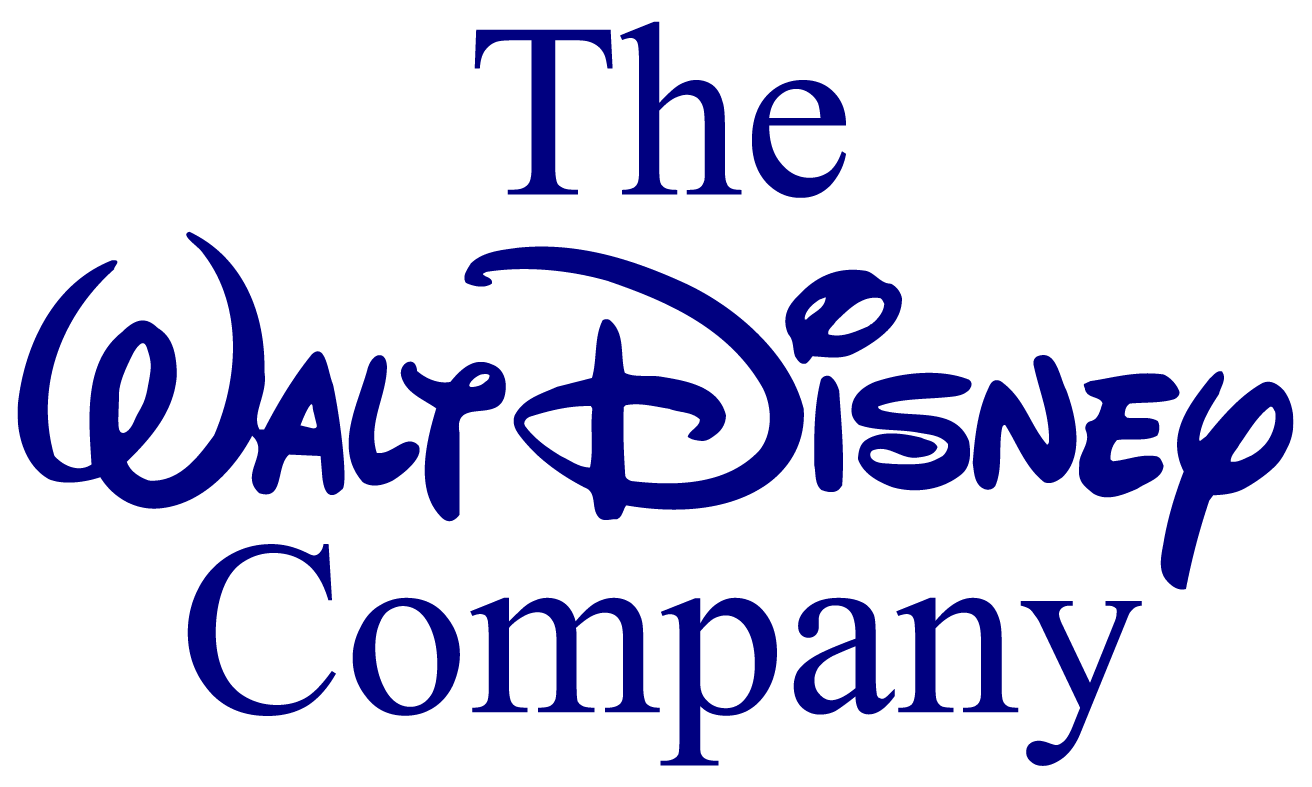By Kathleen O’Reilly, Communications, Media and Technology Industry Group Chair, Accenture
Accenture’s Global Disruption Index — designed to measure the impact of economic, social, geopolitical, climate, consumer and technological challenges — found that the overall level of disruption increased 200% in the past five years. In comparison, the disruption level rose by only 4% from 2011 to 2016.
On top of that, a recent Accenture business resilience study found that only 15% of companies were able to maintain profitable growth during disruptive events. This small group of resilient organizations provides a guide to the key characteristics and strategies that set them apart.
As we head into the new year, I want to share a few of these learnings that foster resilience and drive long-term, profitable growth: financial discipline, technology maturity and business capabilities investments.
Financial prudence is a paramount strategy for resilience focused on managing cost structures, minimizing financial risk and making judicious investments in transformation without overstretching. The steps to achieving this are to maintain a strong balance sheet, allocate capital with consideration of short-term gain and long-term performance and establish a robust set of checks and balances.
When it comes to technology maturity, Accenture found that companies that combine high scores in technology and talent increase their probability of becoming a long-term profitable growth company by a factor of four. Moreover, our research revealed that companies that leverage the full potential of data, technology and people stand to gain a premium of up to 11% in top-line productivity—the ultimate driver of profitability and revenue growth.
Investing in emerging technologies such as cloud, data analytics and artificial intelligence, is an important area to fuel a company’s ability to be agile and innovative. A key component to this investment is the adoption of a human-centric approach to this technology enablement that focuses on building diverse, skilled teams capable of addressing present challenges and seizing future opportunities.
Investment in key business capabilities improves a company’s competitive advantage when they have a strong digital core and financial discipline in place. These capabilities include advancing a strong sustainability agenda to attract the right talent and enhance consumer perception, developing a customer-centric commercial operation to increase loyalty and enhance experiences for new and existing customers, and strengthening the supply chain and operational capabilities to cope with current and future distress and shocks.
When there are robust technology and business capabilities in place, companies tend to have a strong talent pool with a culture of innovation. Accenture’s research shows that organizations with diverse talent and an innovation mindset are six times more likely to drive innovation.
We must keep in mind that the path to resilience is not uniform across industries. Accenture found that long-term profitable growth companies in Communications and Media are strongest in the areas of customer sales and loyalty, supply chain and operations and technology investments. Yet, even the best-performing industries display relative weaknesses across one or more capability areas, with Communications and Media having the most opportunity to improve financial discipline, talent diversity and sustainability practices. What’s more, a company has a 70% higher chance of being a long-term profitable growth company if it performs well against its peers than if it does against other industries.
The takeaway is that it is important to identify areas of strength and weakness in our businesses so that we can learn from them and address business resiliency holistically. By embracing these strategies, we as leaders can navigate uncertainty and position our organizations for resilience and growth in the age of disruption.
About the Author

Kathleen O’Reilly is Accenture’s global Communications, Media and Technology industry practices chair and is a member of Accenture’s Global Management Committee. Prior to this role, she led Accenture Strategy, a multibillion-dollar business unit across more than 40 industries in over 120 countries that helps clients tap new market opportunities, apply innovative technologies, and execute large-scale restructuring and transformation.
Over her 26-year career at Accenture, Kathleen has held key leadership roles, including chief operating and strategy officer for North America, overseeing Accenture’s US Northeast business and innovation in North America; Diamond Client account lead; and heading the strategy and consulting practice globally for the Communications, Media and Technology (CMT) industries.
Her client work has covered critical C-suite issues, including transformational growth, digital transformation, operating model strategy, mergers and acquisitions, investment strategy, product and service innovation, and strategic cost reduction. She has lived and worked globally, serving a wide range of CMT industry leaders, and led the design and launch of Accenture’s services in the Private Equity sector.
Kathleen leads Accenture’s work with the World Economic Forum around transformation of industries, digital economy and new value creation, and defining and building the metaverse, and she supports causes related to childhood cancer, education and environmental sustainability.
Kathleen is a graduate of the Woodrow Wilson School of Public and International Affairs at Princeton University. She was a Carnegie Fellow at the Center for Science and International Affairs within Harvard University’s Kennedy School of Government.
Article published: November 28, 2023




